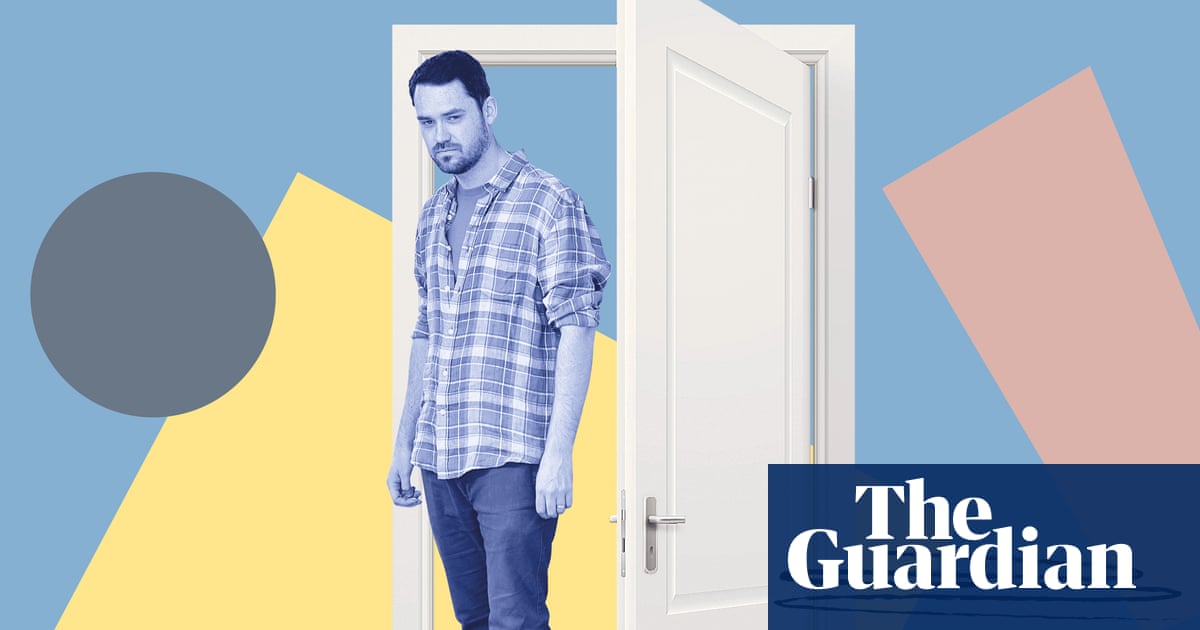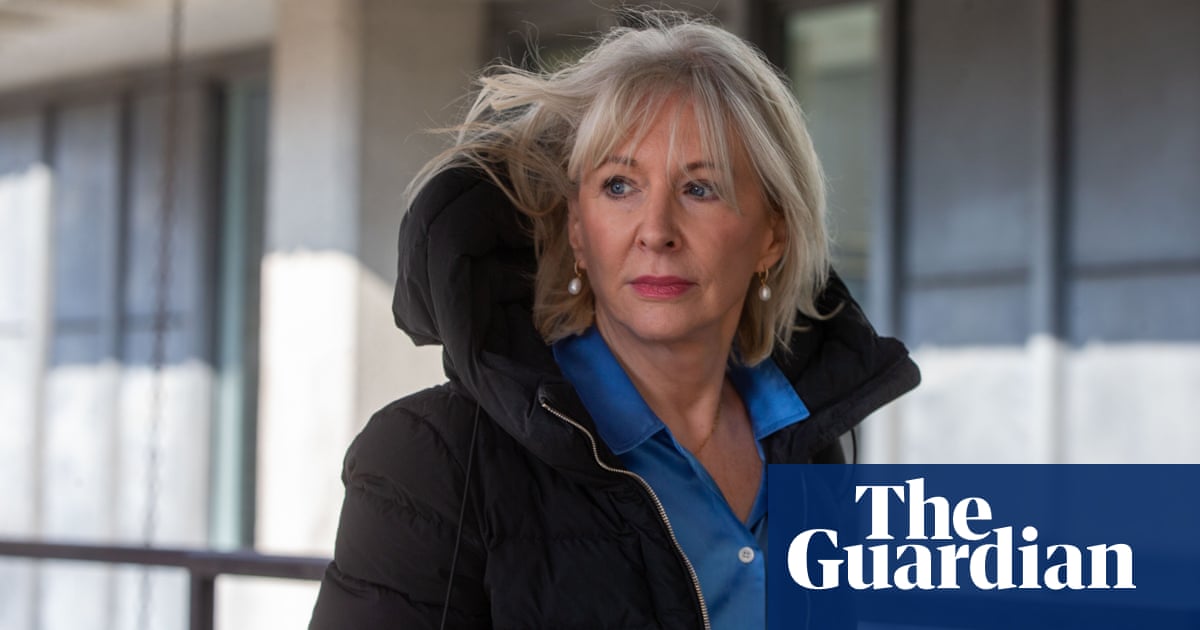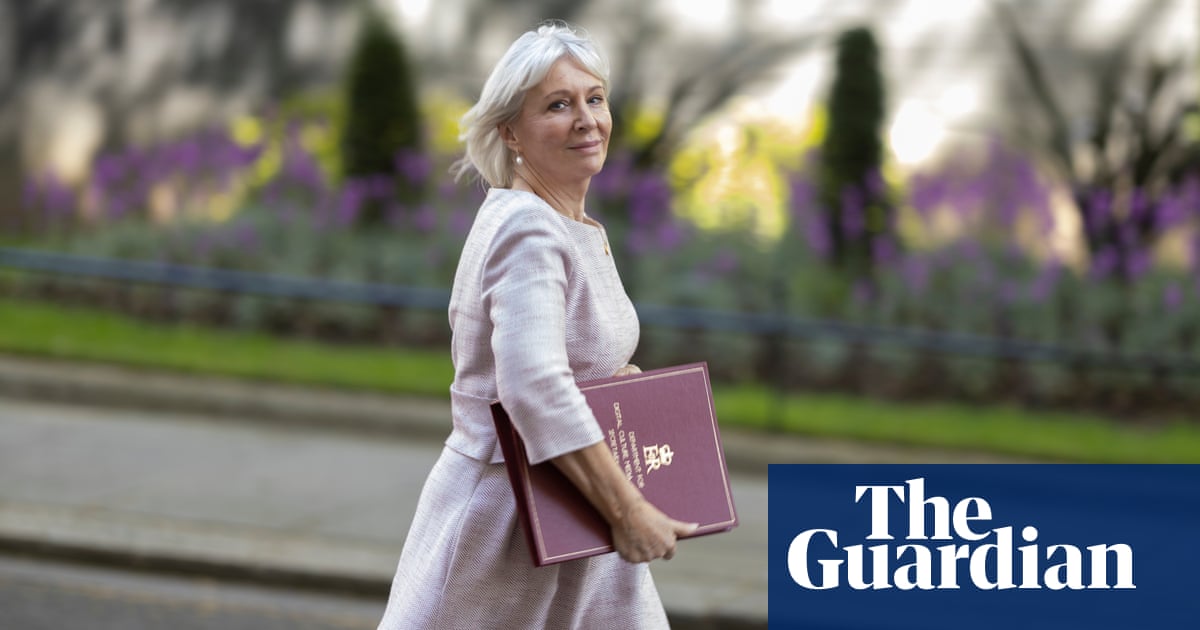
Nadine Dorries has labelled the BBC an institution riven by bias and staffed by people “whose mum and dad worked there”, despite Boris Johnson urging colleagues to dial down culture war rhetoric.
In an outspoken appearance at the Conservative conference, the new culture secretary condemned what she called “groupthink” in the BBC and arts more widely because of a predominance of privately educated people reliant on nepotism.
She also explicitly linked the BBC’s next licence fee settlement to its ability to attract a more socially diverse workforce, and what she called “an impartiality problem”.
“The perspective from the BBC is that they will get a settlement and then we’ll talk about how they’re going to change,” Dorries told a live edition of the Telegraph podcast Chopper’s Politics at the conference in Manchester. “But my perspective is, tell me how you’re going to change and then you get a settlement.
“We’re having a discussion about how the BBC can become more representative of the people who pay the licence fee, and how it can be more accessible to people from all backgrounds, not just people whose mum and dad worked there.”
Dorries faced criticism in 2013 for employing two of her daughters as staff in her parliamentary office at a cost of up to £80,000.
Her latest comments came after two senior Conservative figures expressed concern on Sunday evening about the central role played by “woke issues” on the conference’s opening day. A cabinet minister told the Guardian Johnson had warned colleagues he was not keen on pursuing a culture war, after No 10 was stung by the row over the England football team taking the knee, in which some ministers appeared to condemn the gesture.
Several senior figures have ploughed on regardless, however, including Dorries. The party co-chair Oliver Dowden used his conference speech to condemn what he called “woke aggression”, claiming the Labour party has “woke running through it like a stick of Brighton rock”.
Michael Gove, who heads the Department for Levelling Up, Housing and Communities, used his speech to condemn what he called “a militant left who want to denigrate our past and divide us in the future”.
In her interview on Monday, Dorries claimed that criticism of her surprise appointment to her new job was “total, pure, leftwing snobbery” and that people who criticised her bestselling novels were “insulting 2.4 million people” who bought them.
Saying the arts were dominated by people who went to private school or “have a connection with the BBC”, Dorries said: “What really infuriated me was all these people who were criticising me were those people … who found themselves where they were through a privileged background, through nepotism and whole other reasons.”
Dorries said the BBC in particular had “a kind of groupthink” that excluded people from working-class or northern backgrounds, adding: “If you’re only taking people from one kind of background you end up in a groupthink scenario.”
The BBC made no comment in response, but said it was the first broadcaster to measure socioeconomic diversity; that of its entire workforce for whom there was data, 11.5% went to private schools; and that it was investing heavily in recruiting people from a broad range of backgrounds.
In contrast, 60% of the cabinet in which Dorries serves attended private schools.
Dorries denied the idea she was seeking a culture war: “I don’t want to go to war with anybody. Where it’s quoted is with my relationship the BBC. And that’s not the case. I don’t want to go to war. But what I want to do is to have constructive dialogue with the BBC: how are you going to change?”
Asked if there would still be a licence fee in 10 years, Dorries replied: “Will the BBC still be here in 10 years? I don’t know. You can’t look into the future. It is a very competitive environment.”
She dropped a strong hint that she would like to press ahead with the proposed privatisation of Channel 4. “Channel 4 is in a good place at the moment, but if Channel 4 wants to grow and it wants to be successful, then it needs to change,” she said. “One of the obvious ways of doing that is for Channel 4 to privatise.”












